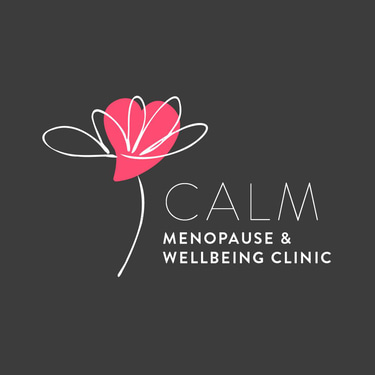Understanding the Benefits and Risks of HRT in Breast Cancer Patients
6/9/20252 min read


Introduction to Hormone Replacement Therapy (HRT)
Hormone Replacement Therapy (HRT) is a medical treatment commonly used to alleviate symptoms associated with hormonal imbalances, particularly in women undergoing menopause. However, its relationship with breast cancer is complex and often debated among healthcare professionals and patients. This article examines the benefits and drawbacks of HRT specifically for individuals diagnosed with breast cancer.
The Benefits of HRT for Breast Cancer Survivors
One of the main advantages of HRT is its potential to significantly improve the quality of life for breast cancer survivors experiencing severe menopausal symptoms. Symptoms such as hot flushes, night sweats, and mood swings can significantly affect daily life and emotional well-being.
Studies have shown that HRT can provide substantial relief from these symptoms, allowing cancer survivors to regain a sense of normalcy. Furthermore, for some women, HRT may help reduce the risk of osteoporosis following the loss of oestrogen post-cancer treatment, which is crucial in maintaining bone strength and preventing fractures. HRT if started within 10 years of the last period or before the age of 60 also gives women cardiovascular protection
The Risks Associated with HRT
Though HRT can offer numerous benefits, it is not without its risks, particularly for breast cancer patients. Research indicates that certain forms of HRT may increase the risk of recurrence of hormone-sensitive breast cancer. The consensus among oncologists is that patients with a history of oestrogen-receptor-positive tumours should approach HRT cautiously.
Additionally, HRT is associated with other health risks, including an increased risk of certain types of cancer, cardiovascular events, and blood clots. Therefore, it is vital for patients to discuss these risks thoroughly with their healthcare providers before making any decisions regarding HRT.
Making an Informed Decision
When considering HRT post-breast cancer treatment, patients should engage in a detailed discussion with their oncologist. This conversation ought to include factors such as the type of breast cancer, treatment history, and personal health background. It is essential to weigh the potential benefits against the risks to arrive at a personalised decision that aligns with the patient's specific needs and circumstances.
Health care providers may suggest alternative ways to manage menopausal symptoms, such as lifestyle changes, natural supplements, or non-hormonal medications, which might pose fewer risks for breast cancer survivors.
In conclusion, while HRT can offer significant relief for breast cancer survivors experiencing menopausal symptoms, it is crucial to consider the associated risks. Each individual's health status and treatment history will play a pivotal role in determining whether HRT is a suitable option. A thorough and informed decision-making process is essential for safety and improving quality of life post-cancer treatment.
Contact:
website: calmmenopause.co.uk
Telephone: 07511039004
© 2024. All rights reserved.
email: vikki@calmmenopause.co.uk


